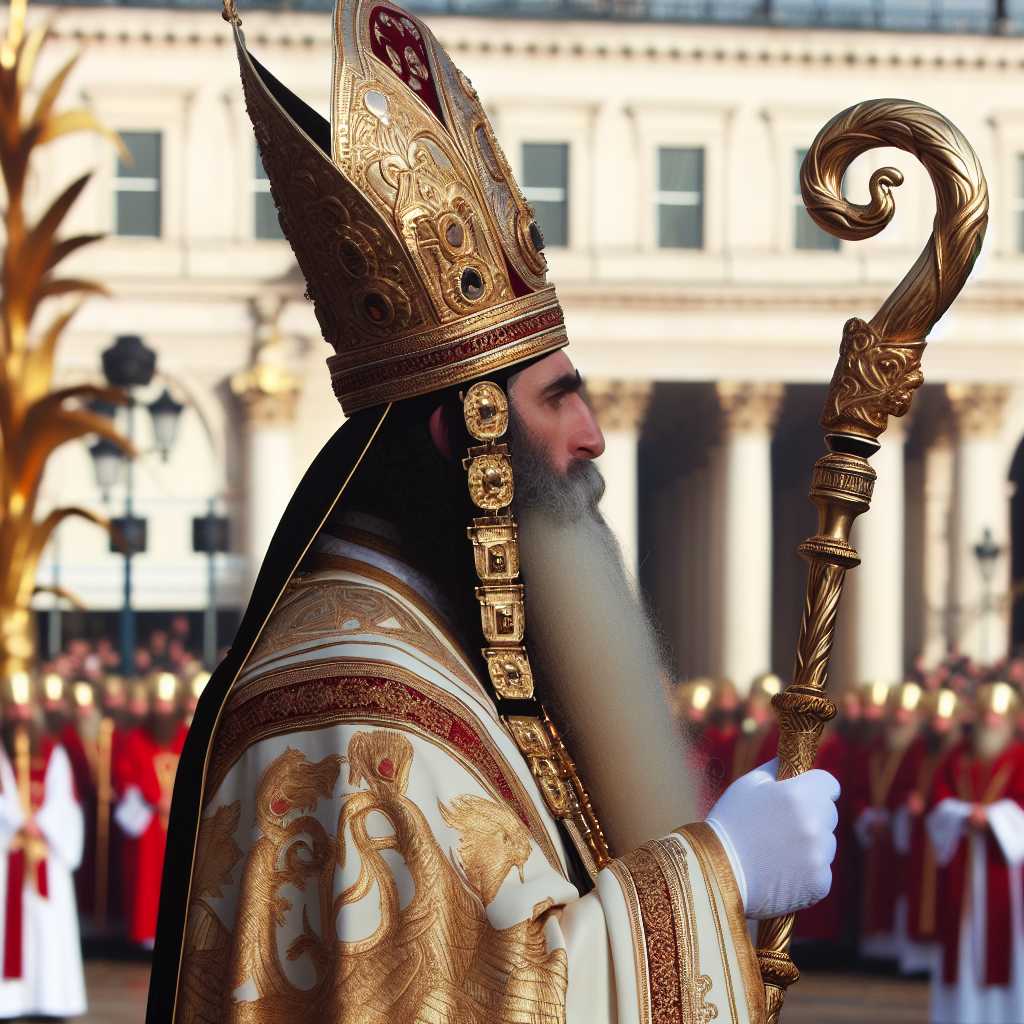The Role and Significance of Bishops in Various Christian Traditions
Bishops have been an essential part of the Christian Church’s structure since the early days of the faith. Rooted in the Greek term “episkopos,” meaning “overseer” or “guardian,” bishops are charged with the spiritual leadership and administrative oversight within various denominations. This article will explore the historical context of bishopric, their roles in different Christian traditions, and the contemporary challenges and contributions of bishops to the religious and secular communities.
Historical Background of the Episcopacy
The concept of episcopacy emerged from Jewish and Greco-Roman practices which influenced the early Christian church. Bishops initially took on a role similar to that of Jewish elders and synagogue leaders. The transition to a more formal episcopal structure reflecting Roman administrative divisions began shaping the Church’s hierarchical governance. This development marked a distinct shift from a more collective leadership towards an established clerical order.
Through the subsequent centuries, particularly following Constantine’s Edict of Milan in 313 AD legitimizing Christianity, bishops gained significant influence not just within the Church but in the political domain as well. The First Council of Nicaea in 325 further solidified their position by establishing their authority within their dioceses and setting guidelines for ecclesiastical jurisdiction, canon law, and doctrinal unity.
Bishops In Different Christian Denominations
Roman Catholic Church
In Roman Catholicism, bishops play a vital role in pastoral care, doctrinal teaching, and preserving apostolic succession – the line of spiritual authority passed down from the apostles to successive bishops through ordination. They are responsible for administering sacraments, particularly Confirmation and Holy Orders, and can delegate specific tasks to priests and deacons within their dioceses.
Eastern Orthodox Church
The Eastern Orthodox tradition holds similar views on apostolic succession and bestows on bishops the role of protectors of faith and overseers of liturgical practice. The synodal system that characterizes Orthodox governance relies heavily on the consensus among bishops, echoing early Christian conciliar models.
Anglicanism
In Anglican denominations, bishops retain much of the traditional episcopal functions, such as sacramental leadership and church governance. The Anglican theology of “via media” reflects the belief in a middle way between Protestantism and Roman Catholicism which informs its episcopacy’s approach to upholding tradition while engaging with contemporary issues.
Lutheranism and Methodism
Certain branches of Lutheranism and Methodism maintain an episcopal structure where bishops serve as figureheads rather than mature penal authorities. Their focus lies heavily on pastoral care and church administration while deferring on doctrinal matters to wider synods or conferences.
The Contemporary Role Of Bishops
Spiritual Leadership
In every denomination, bishops are seen as spiritual leaders who guide their perceived flocks through moral challenges, scriptural interpretation, and community issues. They lead worship services, affirm theological education within seminaries, and set core strategic objectives for ministry work.
Administrative Oversight
Administratively, they manage ecumenical relations between churches, help in planting new congregations, oversee church finances, regulations, and property matters. Furthermore, they play a pivotal role in addressing scandals or controversies that might arise within their jurisdiction, ensuring adherence to church law and pastoral ethics.
Advocacy And Outreach
Bishops can be outspoken on social justice issues permeating society at large. Climate change, poverty alleviation, human rights troubling trends in public health or education are areas many bishops address beyond their pastoral duties.
Challenges Facing Modern Bishops
Contemporary episcopal leadership is not without challenges including secularization trends reducing church influence; handling cases of sexual misconduct which impact trust; fostering unity amidst theological divides; addressing shrinking congregations; negotiating their leadership amid rapid technological changes; and finding balance when engaging political discourse in a diverse religious landscape.
